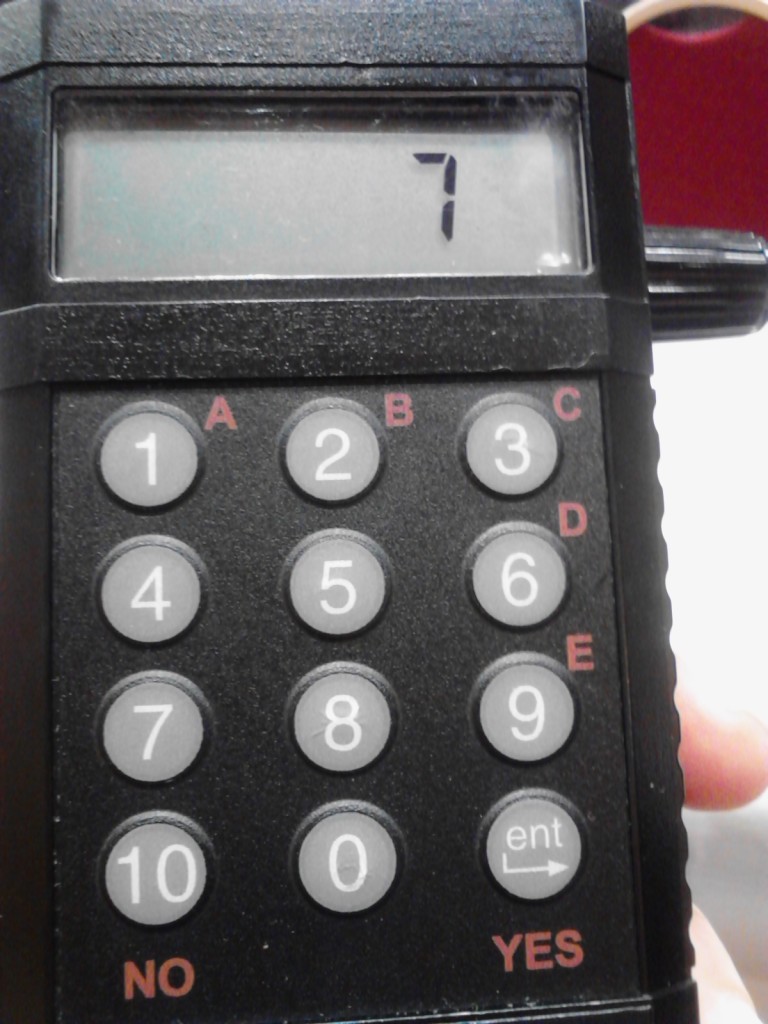
Yesterday I joined about 100 other women as we helped a local Christian radio station with a research project about the music their station plays. The research company equipped each of us with a hand-held device where we could key in the corresponding number to our answers and during the actual research, we could use the dial to indicate our feelings about a song.
If we loved it, we gave it a 10. If we recognized it but didn’t like it at all, we gave it a 1. Then all the numbers in between were used to rate songs that were in between those love/hate extremes. If we didn’t recognize the song, we gave it a zero so that the response would not be counted. We listened to snippets of about 350 songs and it was a lot of fun.
There were several times when I gave the played song a low rating and it was all I could do not to raise my hand and qualify my answer. “I love the song, just don’t like how that artist does it” was the usual clarifying statement on my mind.
Then it hit me: it didn’t really matter what my personal reason or bias was that influenced my feelings on that song. The truth of the matter was, I didn’t like it. Plain and simple. They considered my opinion valid no matter what life happenings brewed to form the opinion.
It got me thinking, how often do we do that to ourselves and to others? When someone expresses an opinion, how often do we say “oh, well I know you had this experience or you have this belief so that’s why you think that.” How is it that we as a society see previous experience as a disqualifying thing for someone’s opinion instead of a validating thing?
It strikes me as so condescending and dismissive to qualify someone’s opinion, even our own. Why not just take opinions for what they are?
Would love to know your thots in the comments!

Good point Jamie. I’ve often found that a lot of research studies don’t really allow people to get TOO expressive. sometimes there really is a lot more to it than “like” or “dislike”.